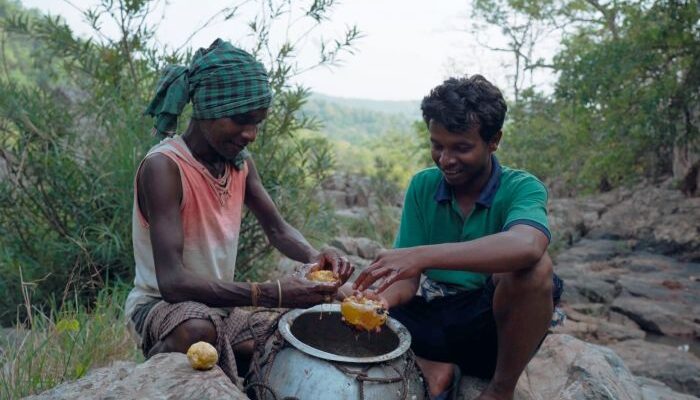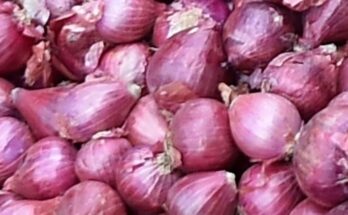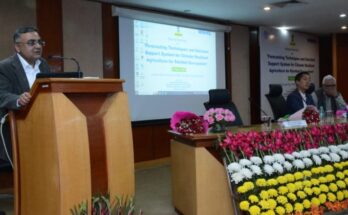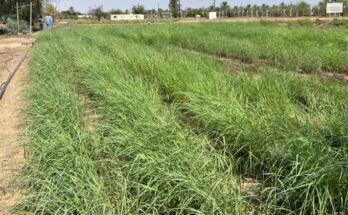Bhubaneswar: Odisha Cabinet on Monday evening approved a major decision which would lead to the empowerment of about one crore tribal people across the state by providing them with minimum support price (MSP) on the minor forest produce.
As per the decisions, the new state scheme LABHA (Laghu Bana Jatya Drabya Kraya) Yojana is a 100 per cent state-funded MSP scheme for minor forest produce. Under the scheme, the MSP will be determined every year by the state government.
Under the scheme, a primary collector (tribal) will be able to sell the MFP at a minimum support price collected at the procurement centres by the Tribal Development Cooperative Corporation of Odisha (TDCCOL).
Commissioner-cum-Secretary, Scheduled Tribes, Scheduled Castes Development, Minorities and Backward Communities Welfare Department, Roopa Roshan Sahoo said, “Since 99 per cent of the primary collectors of TDCCOL are tribal and the majority of them are women, LABHA Yojana will integrate the efforts with the Mission Shakti’s women self-help-groups (SHGs). The new state scheme will cover 119 tribal blocks in 14 tribal districts.”
You may also like to read: Krushi Odisha 2024 showcases the mettle of women farmers to drive investment
These procurement centres will be managed by SHGs and any other notified agencies assisted by TDCCOL. Upon collection, the amount will be deposited as a direct benefit transfer (DBT) to the beneficiary account, and the SHG and the agency will receive their commission of two per cent.
As per the scheme, the Procurement Automation System will capture the total collection of minor forest produce (MFP) and the details of the primary collector and the procurement points. As per the 5T principles, the process will bring about greater benefits for the tribal people.
For further sales, TDCCOL will do e-tendering and explore value addition and processing units. The state government is also going to benefit the tribals by setting up a 25-crore tamarind processing plant in Rayagada which will use the MFP of tamarind procured through LABHA Yojana for value-addition.
Due to the LABHA Yojana, the possibility of distressed sale of the produce to any middlemen will also be eliminated. This new scheme will ensure timely procurement and value addition. The clarion call for green economy and regenerative sustainable livelihoods will be addressed through ‘LABHA’. Last year, a record MFP procurement worth Rs 76 crore was done by TDCCOL. With ‘LABHA’ more than 30,000 primary collectors, 1,000 women SHGs in the predominantly tribal districts will be benefited.
You may also like to read: Government programmes for adoption of digital and innovative farming technologies
However, the ‘LABHA’ scheme in the initial phase will be effective in Sundargarh, Mayurbhanj, Keonjhar, Raygada, Koraput, Malkangiri, Nabarangpur, Kandhamal, Nuapada, Kalahandi, Gajapti, Sambalpur, Deogarh and Balangir.
“Earlier, the state and central government had a scheme for procurement of minor forest produce (MFP), but in the last 10 years, no fund has been released beyond the initial revolving fund. While the state government has been provisioning grants towards compensation for TDCCOL, it is felt that with the increase in production, timely procurement, timely release of remuneration as well as processing of MFP is the need of the hour,” a Government of Odisha press release said.
It is felt necessary that the tribal people should be extensively involved at all stages of the development process starting from the identification of deficit areas, felt needs, plan formulation, implementation and monitoring so that holistic tribal development could be possible with overall inclusive growth. The Odisha government, thus, is always keeping this in mind and trying to delve into ideation and their implementation with near precision to help the tribal communities as they constitute a major chunk (22.85 per cent) of the state’s population.
(The story is based on a press release from the Government of Odisha.)





